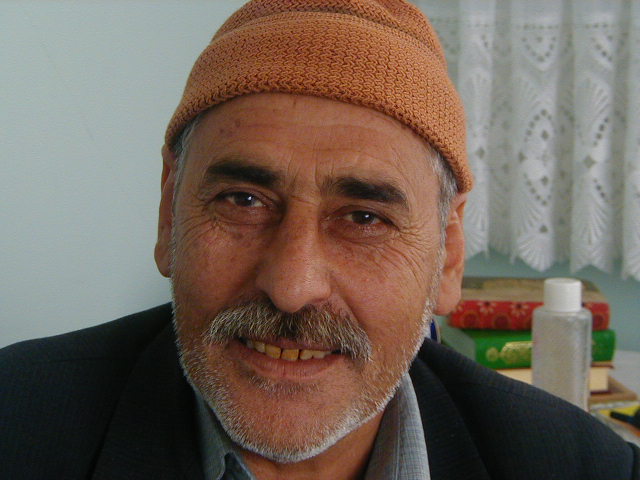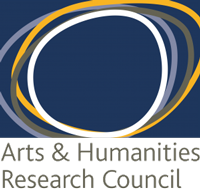Pilot and extended surveys
The project was carried out in two phases. A pilot phase in 2011-2012 was funded by a grant from the British Academy (‘A pilot survey of the Kurdish dialects of Iraq’, award number SG101803; Principal Investigator: Yaron Matras). It employed a questionnaire with 300 items to explore variation in lexical phonology, a small selection of lexical items, and a range of issues in morphology (primarily agreement and case marking). Interviews were carried out with over 50 speakers from different locations, mainly from Northern Iraq, and some from Turkey and Iran.
An extended phase of the project (2013-2017) was funded by a grant from the Arts and Humanities Research Council (‘Structural and typological variation in the dialects of Kurdish’, award number AH/K007084/1; Principal Investigator: Yaron Matras, Co-Investigator: Andrew Koontz-Garboden). The questionnaire used for the pilot survey was re-designed with a stronger focus primarily on verb alignment and its interaction with verb semantics, and partly on morphological paradigms and function words. Interviews were carried out with 177 speaker consultants from over 150 locations in Turkey, Syria, Iraq, and Iran. In addition to the questionnaire elicitation, speaker consultants were asked to engage in short narrations of usually up to around 20 minutes. Typical themes covered included village life, marriage, customs and traditions, local history, emigration, as well as traditional tales.
For both project phases, fieldwork assistants read out questionnaire phrases to the speaker consultants in a second language, and asked them to translate the phrases verbally into their native variety of Kurdish. The responses were recorded and transcribed by the project’s transcription assistants (for a list of fieldwork and transcription assistants see Project Staff). Some of the recordings were carried out in the locations of origin in Turkey and Iraq. Others were carried out among recent immigrants and refugees in the United Kingdom, France, Austria, and Germany. The languages used for elicitation were Arabic, Turkish, Persian, English, French, and German.
Map of fieldwork locations
Click the [>>] icon in the top left corner to expand the map ‘legend‘. Here you will find all the information included on the map.
Click on a location to see details of the sample. One location marker represents one speaker interviewed.



